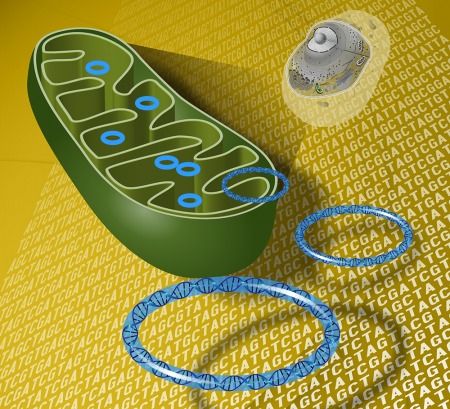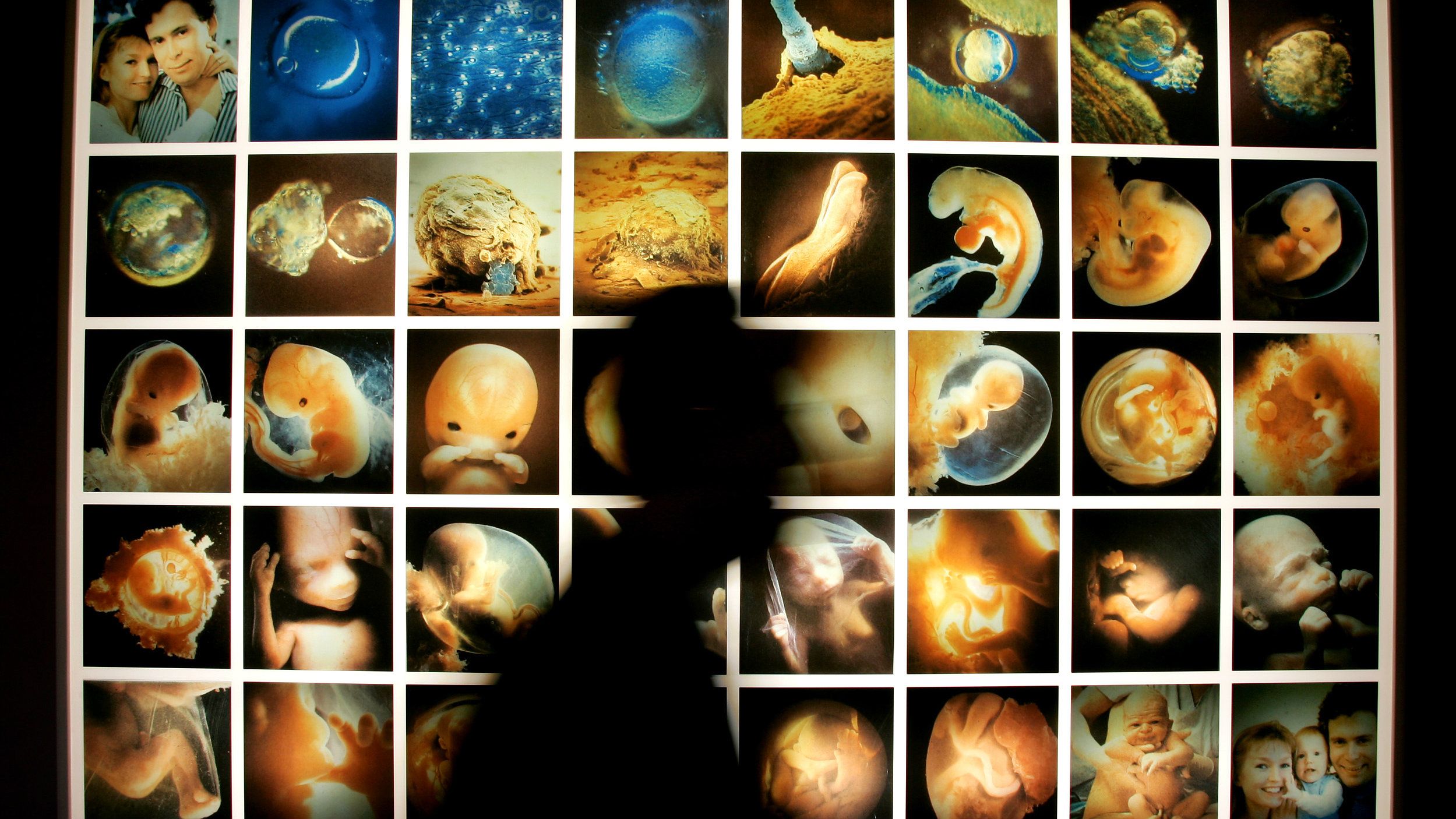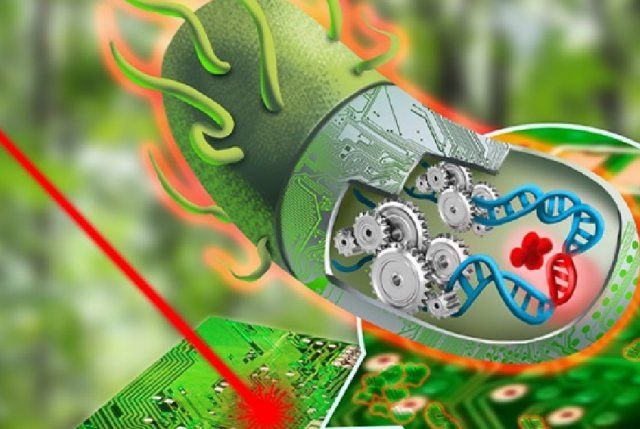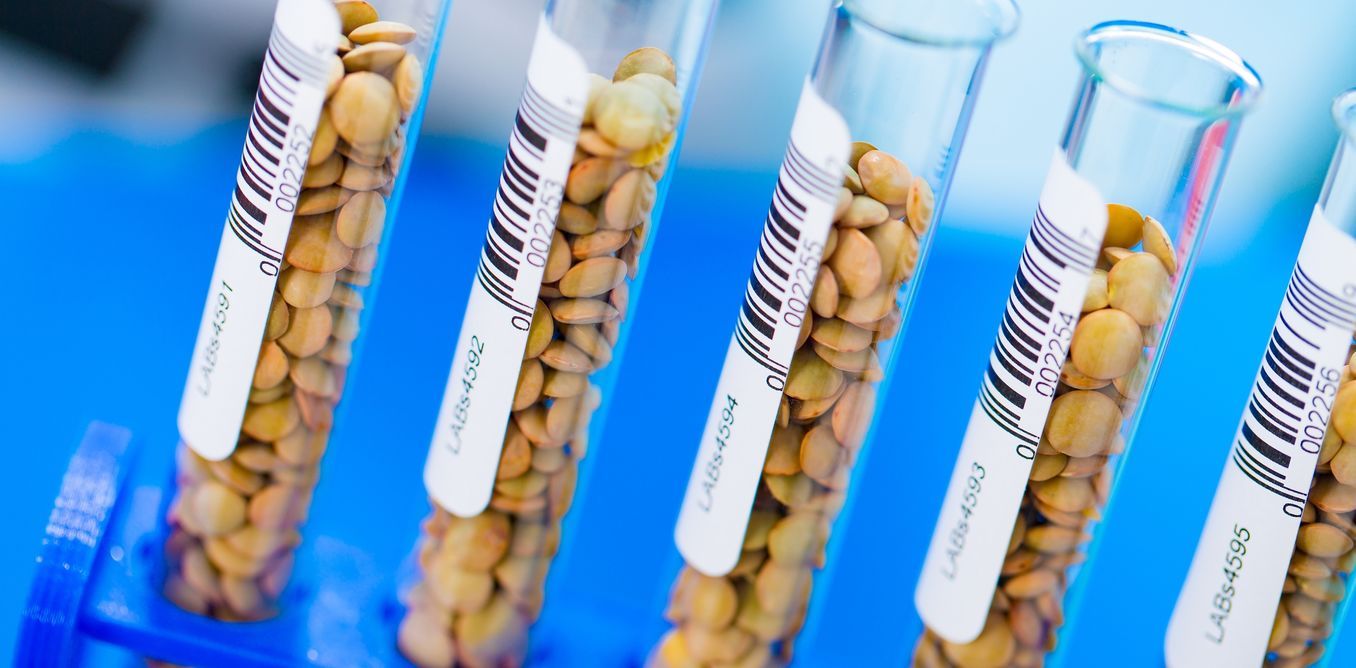Archive for the ‘bioengineering’ category: Page 194
Nov 22, 2016
Turning back the aging clock
Posted by Steve Hill in categories: bioengineering, biotech/medical, genetics, life extension
SENS makes official comment on the excellent news about Mitochondrial repair from UCLA and Caltech.
So the big news is progress has been made on Mitochondrial repair. Our resident expert at the SENS Research Foundation, Dr. Matthew O’Connor of the MitoSENS project had this to say about the exciting news:
“New work from UCLA and Caltech has shown that a genetic pathway can be harnessed to selectively remove mutant mitochondria from the muscles of fruit flies. This work from Kandul et al is exciting because it raises the possibility of someday finding a way to control this genetic pathway in such a way to selectively delete mutant mitochondria. Further they did it in live flies in a tissue (muscle) where we are especially concerned about the impact of mitochondrial DNA mutations. Our ability to selectively control genetic pathways in non-genetically engineered animals (such as humans) is, however, extremely limited so it may be a long time before any clinical benefits can be realized from this research.” — Dr. Matthew O’Connor SRF
Nov 22, 2016
China is at the forefront of manipulating DNA to create a new class of superhumans
Posted by Carse Peel in categories: bioengineering, biotech/medical, ethics, genetics, neuroscience
In China, there are fewer regulations and ethical quandaries standing in the way of genetic progress.
Nov 20, 2016
New era of ‘cut and paste’ humans close as man injected with genetically-edited blood
Posted by Shane Hinshaw in categories: bioengineering, biotech/medical, genetics
A world where DNA can be rewritten to fix deadly diseases has moved a step closer after scientists announced they had genetically-edited the cells of a human for the first time using a groundbreaking technique.
A man in China was injected with modified immune cells which had been engineered to fight his lung cancer. Larger trials are scheduled to take place next year in the US and Beijing, which scientists say could open up a new era of genetic medicine.
The technique used is called Crispr, which works like tiny molecular scissors snipping away genetic code and replacing it with new instructions to build better cells.
Nov 19, 2016
Reviving optimism for regenerative medicine
Posted by Steve Hill in categories: bioengineering, biotech/medical, economics, life extension
Progress in real science is steady, follows proper methodology and respects engineering safety. We live in an amazing world where medical progress is advancing rapidly, sadly we also have those willing to jump the gun hawking unproven experimental therapies without sufficient data.
Unproven therapies and people jumping the gun to make a quick buck are a plague in the aging research field. Real science is slow and methodical but ultimately gets results that ensure safe therapies can be deployed in the healthcare arena. At Lifespan.io we are passionate about supporting the progress of science that is conducted properly.
“The life science community should embrace the discrediting of unproven therapies promoted without data for economic gain, and instead focus on the promise of research held to the highest standards.”
Continue reading “Reviving optimism for regenerative medicine” »
Nov 17, 2016
Synthetic Cells to Isolate Genetic Circuits Created
Posted by Karen Hurst in categories: bioengineering, biotech/medical, genetics
Luv it! Wait until we make the marriage of QC meets Synbio — QC for the infrastructure and communications, and Synbio makes us all connected.
Cambridge, MA (Scicasts) — Synthetic biology allows scientists to design genetic circuits that can be placed in cells, giving them new functions such as producing drugs or other useful molecules. However, as these circuits become more complex, the genetic components can interfere with each other, making it difficult to achieve more complicated functions.
MIT researchers have now demonstrated that these circuits can be isolated within individual synthetic “cells,” preventing them from disrupting each other. The researchers can also control communication between these cells, allowing for circuits or their products to be combined at specific times.
Continue reading “Synthetic Cells to Isolate Genetic Circuits Created” »
Nov 14, 2016
The Future of Extremism: Artificial Intelligence and Synthetic Biology Will Transform Terrorism
Posted by Karen Hurst in categories: bioengineering, biological, military, robotics/AI, terrorism
There weren’t many people who had heard of bioterrorism before 9/11. But shortly after the September 11th terrorist attacks, a wave of anthrax mailings diverted the attention of the public towards a new weapon in the arsenal of terrorists—bioterrorism. A US federal prosecutor found that an army biological researcher was responsible for mailing the anthrax-laced letters, which killed 5 and sickened 15 people in 2001. The cases generated huge media attention, and the fear of a new kind of terrorist warfare was arising.
However, as with every media hype, the one about bioterrorism disappeared quickly.
But looking toward the future, I believe that we may not be paying as much attention to it as we should. Although it may be scary, we have to prepare ourselves for the worst. It is the only way we can be prepared to mitigate the damages of any harmful abuses if (and when) they arise.
Nov 14, 2016
We’ve Figured Out How to Program Living Cells
Posted by Elmar Arunov in categories: bioengineering, biotech/medical, evolution, genetics
In Brief:
Researchers at MIT have developed an easy-to-use “biological programming language” that allows genetic engineers (or just about anyone) to design biological circuits and “hack” the genomes of living cells.
The evolution of human technology has proceeded in lockstep with the biological evolution of our species. For millions of years we were content with our primitive Oldowan choppers and Acheulean bifaces; in the Neolithic, we started playing with more sophisticated tools, and the Bronze and Iron ages followed in quick succession.
Continue reading “We’ve Figured Out How to Program Living Cells” »
Nov 10, 2016
Synthetic biology research may enable future capabilities for Soldiers
Posted by Karen Hurst in categories: bioengineering, biotech/medical, computing, military, physics
ADELPHI, Md. — A U.S. Army Research Laboratory biotechnology scientist recently published an editorial article on the future directions of synthetic biology research to meet critical Army needs in the Synthetic Biology edition of the Journal of the American Chemical Society.
In the publication, Dr. Bryn Adams, who works in ARL’s Bio-Technology Branch, highlights examples of robust, tractable bacterial species that can meet the demands of tomorrow’s state-of-the-art in synthetic biology.
“ACS Synthetic Biology is the premier synthetic biology journal in the world, with a wide readership of biologists, chemists, physicists, engineers and computer programmers,” Adams said. “A publication in this journal allows me to challenge the leaders in the field to meet a Department of Defense specific need — the need for new synthetic biology chassis organisms, or host cell, and toolkits to build complex circuits in them.”
Continue reading “Synthetic biology research may enable future capabilities for Soldiers” »
Nov 9, 2016
Should genetically modified organisms be part of our conservation efforts?
Posted by Karen Hurst in categories: bioengineering, biotech/medical, genetics
Genome editing and synthetic biology are giving rise to new forms of life. But do these organisms have conservation value as part of earth’s biodiversity?


















